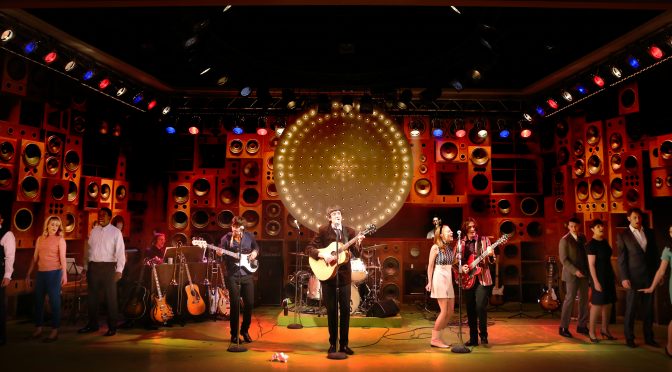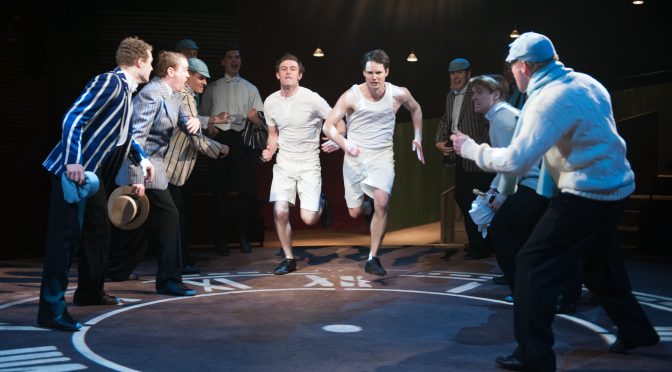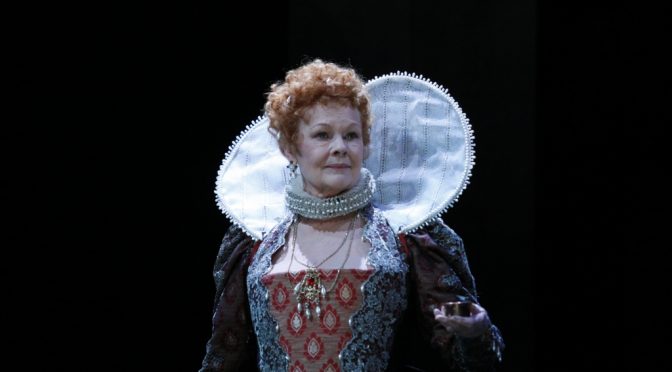Another musical to plunder a band’s back catalogue, Sunny Afternoon uses the music of The Kinks to tell the story of this seminal Sixties band. The show is closer to its subjects than similar efforts, as the original story is by songwriter and star of the band, Ray Davies. Whether Davies’ proximity to the project is a good thing is an open question; the show has an authentic ring but leans towards bias. A big hit with Kinks fans at the Hampstead Theatre, where the production started life, the show’s move into West End will be a test of its wider appeal.
As the success of the band attests, this is an impressive list of hits to work with. Even those born the wrong side of the 60s will know many of the tunes. Adapting the songs for the stage is boldly done; an a cappella version of Days is particularly noteworthy. But pop songs and show tunes are different things and the switch to the stage isn’t entirely a success. Too many of the hits are nodded at and shoe horned in. Let’s just say I would rather buy a ‘best of’ album than a cast recording.
That said, I bet the cast recording is good, as the performances can’t be faulted – everyone involved seems to sing and play multiple instruments. The band is led by John Dagleish as Ray, who has an awful lot to do and creates an appealing central character somewhat against the odds. George Maguire is suitably energetic as his brother Dave, the world’s angriest guitar player. Ned Darrington and Adam Sopp, as band members Peter Quaife and Mick Avory, carve out roles for themselves well. There’s also a lovely part for Davies’ first wife, movingly drawn by writer Joe Penhall and performed with skill by Lillie Flynn. Director Ed Hall’s work is impeccable, creating time for exploring the whole band’s emotions, which makes the evening seem weightier than it really is.
Davies is a reluctant pop star and a miserable one too. It’s acknowledged that the woes of a celebrity puzzle most of us; they create little dramatic tension or sympathy. Amazingly, The Kinks were broke despite their success – yes, those pesky promoters and publishers are the villains. The talented Dominic Tighe and Tam Williams try hard as the toffs making money out of The Kinks but their characters aren’t three dimensional enough. More surprising is the poor depiction of Davies’ working-class father. Penhall’s book makes a stab at another story – Davies’ self-representation as a singer for the people, fighting for musical integrity. Though full of potential, claims made for the music depend on how much of a fan you are – which takes us back to square one.
Until October 2016
Photo by Dominic Clemence



